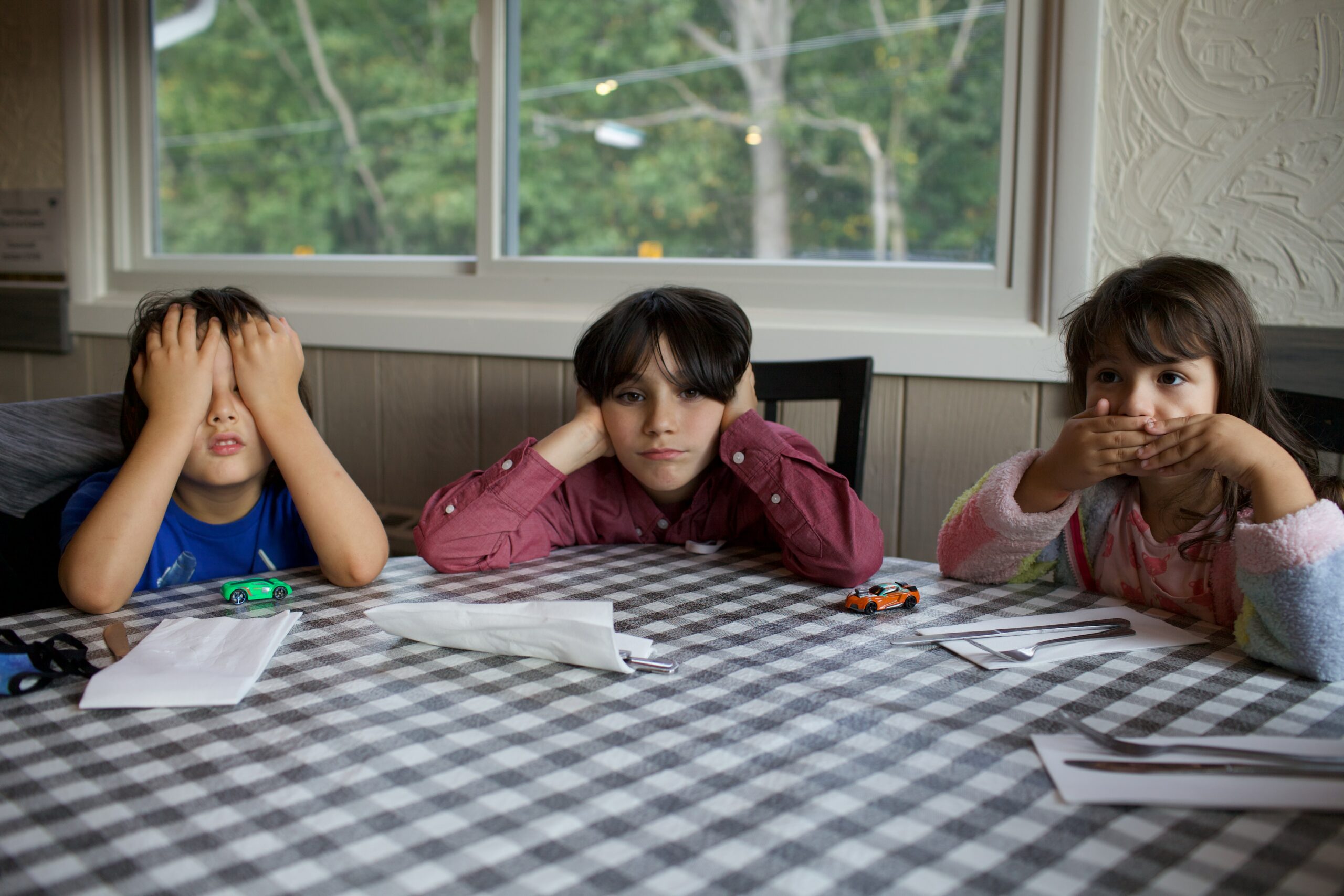We may earn money or products from the companies mentioned in this post.
Last Updated on December 13, 2023 by Samantha Flores
Relationship separations can be volatile times. When children are involved, separations become even more complicated. As a mom, maintaining a stable life for your kids becomes of vital importance. This blog post explores separation parenting. This includes its challenges, solutions, and why prioritizing children’s needs remains critical in these difficult circumstances.
4 Things to Consider in Separation Parenting
Learn how you can make this transition smoother for you and your family. This isn’t an easy transition, but there are things to consider to help along the way.
The Emotional Rollercoaster
Navigating through emotions post-separation can feel like a rollercoaster ride for both parents and children alike. There are sudden shifts from grief, loss and sadness, and anger to fleeting relief. It can be disorienting. However, remember these are valid feelings to have.
Offering safe spaces where children can express their emotions freely is paramount while managing your own emotions appropriately so as to provide stability and reassurance throughout this transitional phase. Stay positive by reminding them their love from both parents remains constant no matter what changes may arise around them. Everyone involved in separation parenting has feelings.
Communicating With Your Child
Open and honest dialogue between parent-child is key in helping children navigate post-separation life. Speak in terms they understand. Reassure them that changes to family dynamics aren’t their fault and assure them of your love.
Encourage your child to express emotions, fears, and questions. Provide answers with empathy and also understanding as appropriate. Additionally, regular family meetings provide a structured forum for these discussions as well as keeping both parties informed so they are consistent in the messages your child receives from both parties involved.
Professional Help: Therapists and Mediators
Engaging professional therapists and mediators is an invaluable way to effectively navigate the complexities of separation parenting. Therapists provide a safe space where children can express their feelings while developing coping mechanisms.
Individual therapy can provide children with tools to cope with their emotions. Family therapy helps improve communication among family members and ensures everyone’s feelings are acknowledged and addressed appropriately.
Mediators can also play an invaluable role in helping parents come to an understanding of childcare arrangements. Working closely with both parties, mediators can assist them in resolving conflicts, communicating their needs and fears to each other, and creating a parenting plan that prioritizes child welfare.
Collaborative solutions such as these can help reduce tension and hostility within a family environment, which in turn benefits children significantly. Remember that seeking professional help does not indicate weakness. Instead, it represents an invaluable way to protect both your own emotional well-being as well as that of your children.
Custody Rights of Fathers
Gone are the days when mothers were automatically given custody of children following separation or divorce. Now, both parties involved must work to determine who has custody. Today’s legal landscape recognizes the vital roles both parents play in a child’s development.
Courts take into account what’s best for the child when making custody decisions, rather than considering gender when assigning parental responsibilities. Fathers have as much right as mothers to pursue custody arrangements for their children.
Physical custody entails having primary physical custody over their child; legal custody allows for them to make essential decisions concerning education, healthcare, and religious practices for the child’s upbringing. If both parents can form an amicable and respectful relationship, joint custody could be an attractive solution where both share equal responsibility for raising their children. A father’s custody rights shouldn’t be ignored or undervalued.
The See-Saw Eventually Balances
Transitioning through post-separation may feel like an endless cycle. With time, patience, and an emphasis on child-centricity, visitation eventually balances itself out. Parents’ responsibility lies in maintaining communication lines open, co-parenting effectively and not being afraid to seek professional help if needed – their resilience may surprise you. Separation parenting should be handled with care.



